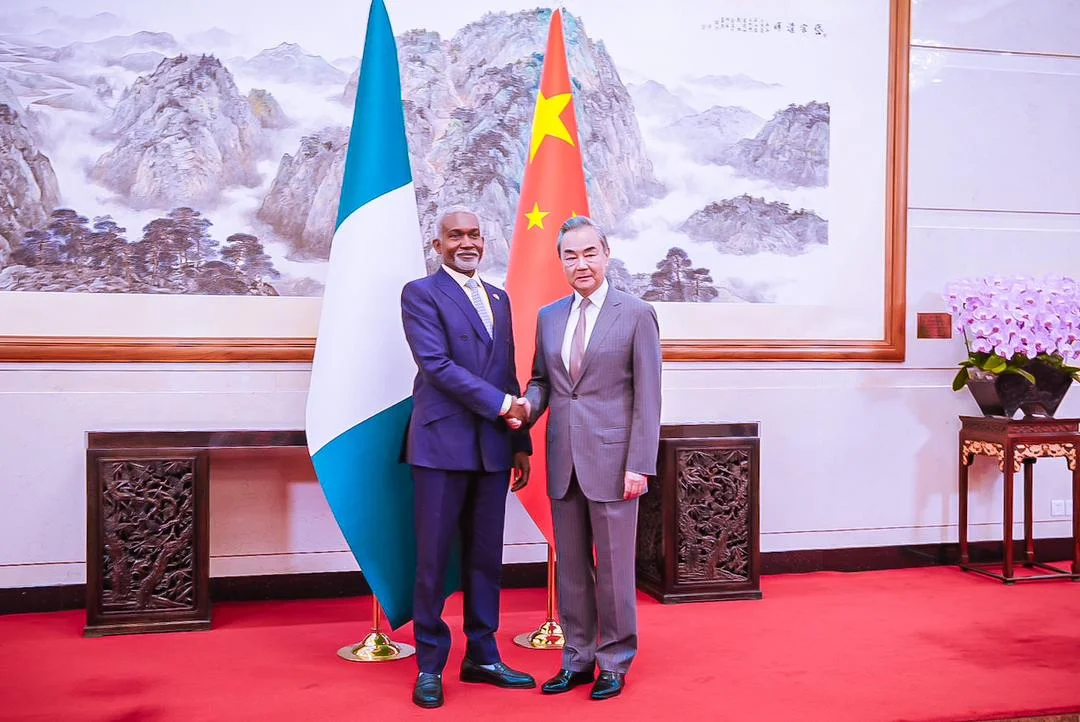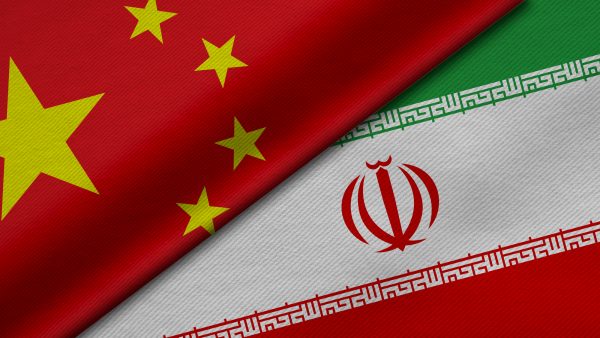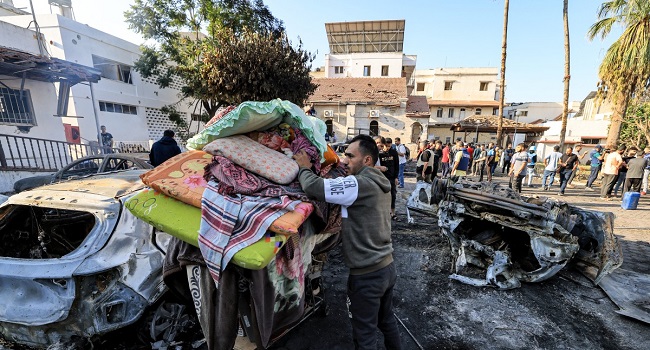International
China bans construction of skyscrapers above 500 meters

China has issued a circular banning the construction of new skyscrapers above 500 meters amid efforts to tighten scrutiny over high-rises.
All buildings above 250 meters are strictly restricted, and if they needed to build new ones, the construction plans should be reviewed over a slew of aspects.
These aspects should include fire safety and file with the Ministry of Housing and Urban-Rural Development, said the circular issued by the National Development and Reform Commission.
For buildings above 100 meters, the construction plans would face strict scrutiny over their seismic performance.
The high-risings should match with the city’s size and firefighting capacity, it said.
Local governments have been improving the management of construction projects in terms of safety and quality. However, there were still loopholes that may lead to safety risks, the circular said.
The circular stressed strengthening the management of construction projects, adhering to the principle of quality first, and ensuring the safety of people’s lives and property, it said.
(Xinhua/NAN)
Foreign
S. Korea liable to compensate victims of 1975 presidential decree – Supreme Court
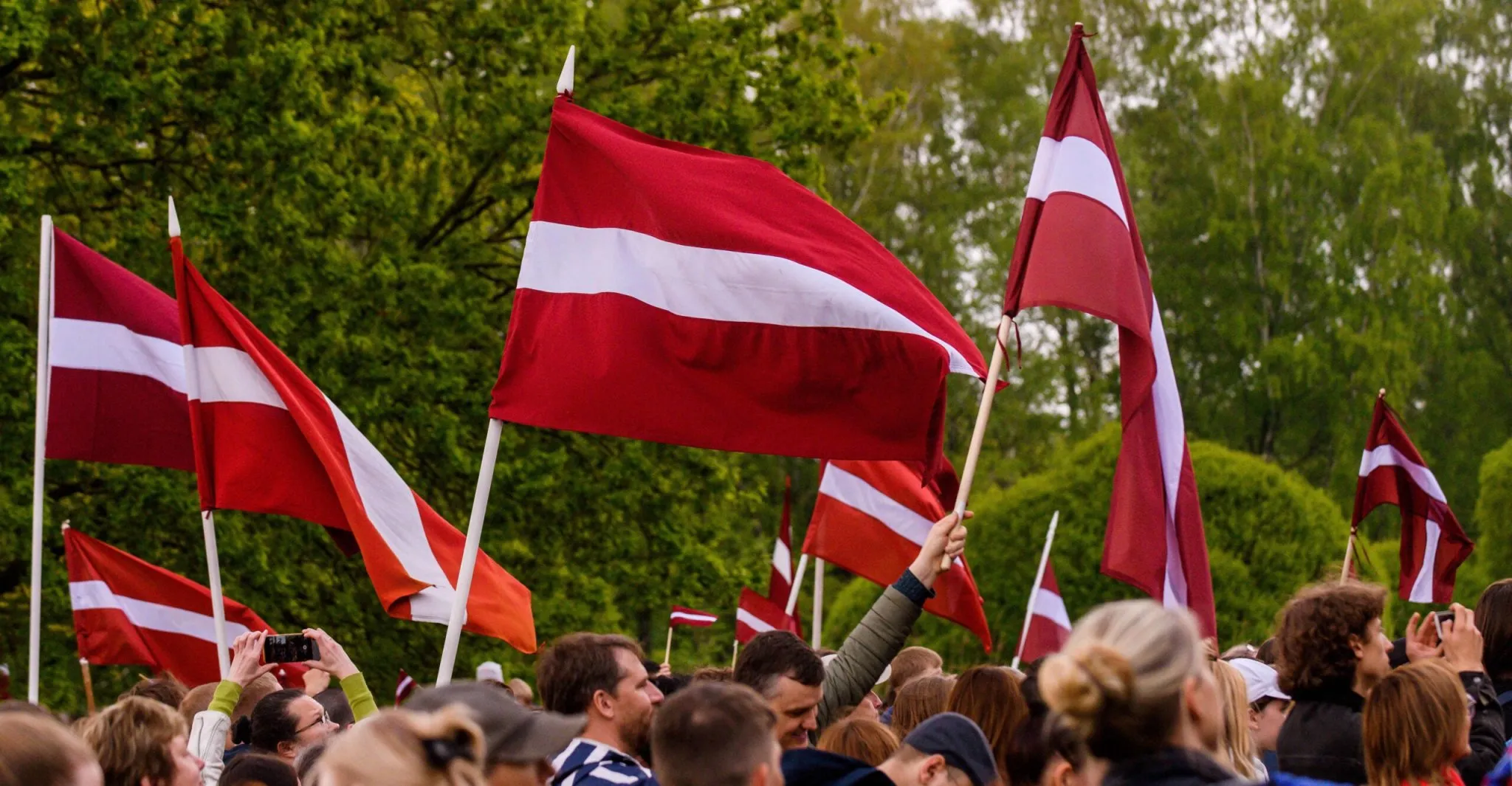
The Supreme Court of South Korea on Tuesday ruled that the country is liable to compensate victims of a now-defunct presidential decree enforced in the 1970s during the presidency of the late Park Chung-hee to crack down on anti-government activists.
The apex court made the ruling after an en banc session in a compensation lawsuit filed against the state by 71 people, who were arrested and served prison terms for violating the Presidential Emergency Decree No. 9, and their heirs.
The Park government issued Presidential Emergency Decree No. 9 in May 1975 to prohibit all politically motivated group activities and gatherings, including anti-government demonstrations by students.
Violators would be punished by imprisonment of more than one year.
Park, who ruled the nation from 1961-1979 after seizing power in a military coup, had earlier declared eight other emergency decrees based on the so-called Yushin (renewal) Constitution introduced in 1972 to remain in power permanently.
Tuesday’s ruling is a direct reversal of the Supreme Court’s previous verdict reached seven years ago on the state’s liability to the victims of the same decree.
In 2013, the Constitutional Court declared Park’s Emergency Decrees No. 1, 2, and 9 as unconstitutional, saying the measures infringed the basic rights of citizens, such as freedom of expression and assembly and political suffrage.
The Supreme Court also ruled in the same year that Presidential Emergency Decree No. 9 was invalid due to its infringement of people’s basic rights.
In March 2015, however, the Supreme Court refused to recognise the state’s liability for compensation to the victims of the emergency decree, saying the decree was only a political act of the state and thus cannot be seen as an illegal act under civil law.
But some lower courts have since issued verdicts that are different from that of the top court.
The Supreme Court began deliberations on the latest compensation lawsuit in February 2018 after it was dismissed by lower courts based on the 2015 Supreme Court ruling.
The top court ruled in favour of state compensation, saying the emergency decree No. 9 violated people’s basic rights and can be seen as an illegal act under civil law.
It then ordered the Seoul High Court to retry the case.
“State actions ranging from the issuance and execution of emergency decree No. 9 were illegal due to the absence of objective legitimacy by public officials enforcing the decree,” the Supreme Court said.
“Thus state liability for compensation can be recognised for damage suffered by individual citizens who underwent forced investigations or were convicted and served prison sentences under emergency decree No. 9,” it added.
(Yonhap/NAN)
Foreign
Australian PM pledges cultural change for female workers
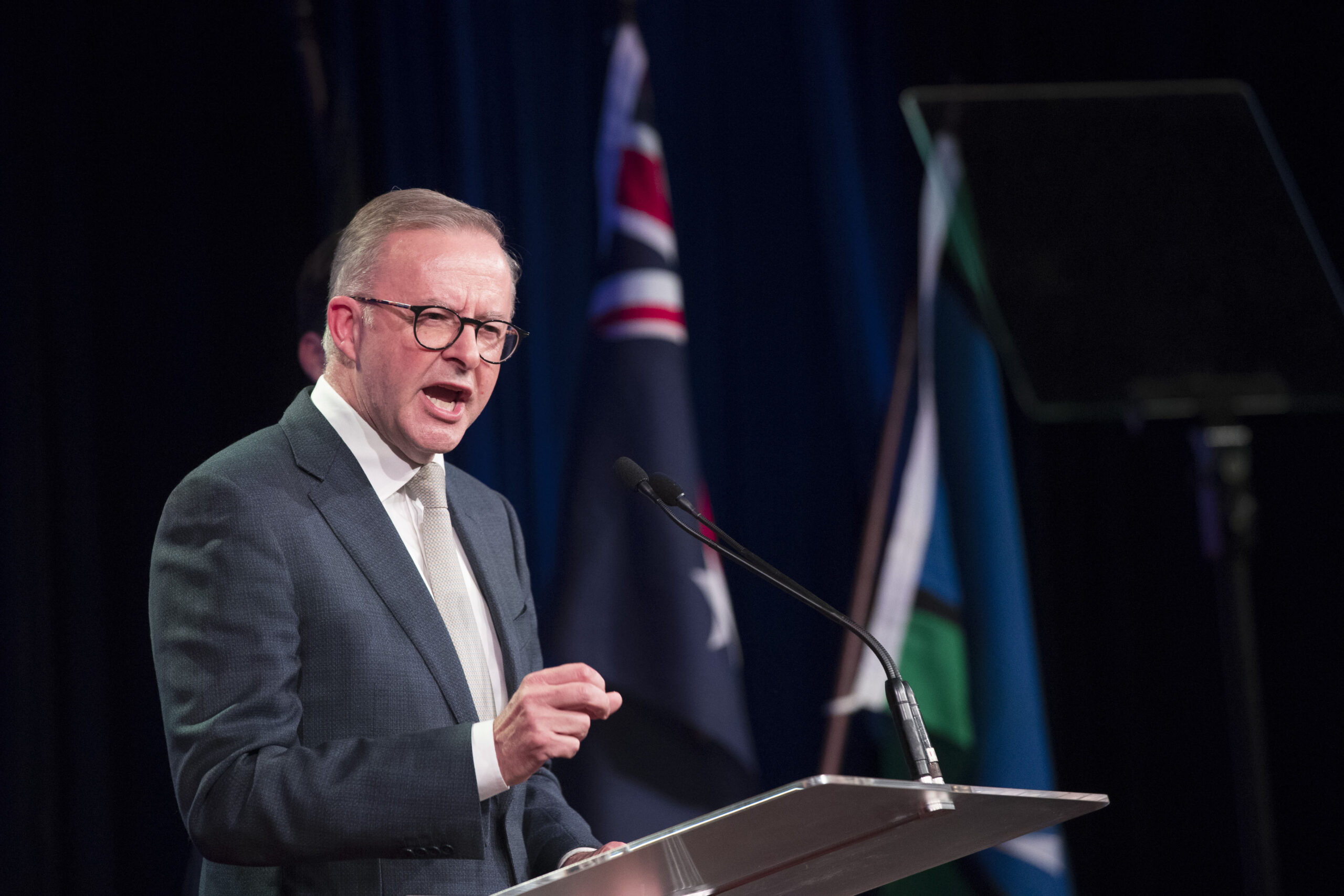
Australian Prime Minister Anthony Albanese has promised a “cultural change” to improve conditions for women in the workplace.
In a speech on Monday marking 100 days since Labor Party came to power in May’s election, Albanese flagged a shift to a “reform and renewal” agenda.
“Government has a responsibility to plan for the future, to build for the long-term, to implement the reforms that arm people with every chance to fulfil their potential,” he said.
Read Also: BREAKING: Court dismisses Nigerian Govt request to extradite Abba Kyari to US
Albanese said he has not wasted a day in office since he led the Labor Party to election victory, having taken action to raise Australia’s emissions reduction target and increase wages for low-paid workers.
According to him, Labor’s list of election promises is to revive the local manufacturing industry, cleaner and cheaper energy, cheaper childcare and better skills and training as the next priorities.
The prime minister said he hopes for serious improvement in economic equality for women after 30 years in which the gender gap has hardly budged.
“This is going to take more than legislative change, we need a culture change too,” he said.
(Xinhua/NAN)
Australian PM pledges cultural change for female workers
Foreign
Airtel awards first 5G contract in India to Ericsson

India’s premier communications solutions provider, Bharti Airtel says it has awarded its first 5G contract in the country to Ericsson, a Swedish telecom gear giant.
In a statement on Wednesday, Mr Gopal Vittal, Managing Director and Chief Executive Officer of Bharti Airtel said that the deployment would provide a game changer for India.
Vittal said the deployment would drive the digital transformation of industries, enterprises and the socio-economic development of India.
He said that with the 5G network, Bharti Airtel would deliver the full benefits of 5G connectivity to fuel India’s journey towards a digital economy and strengthen the country’s position on the world stage.
“As our trusted, long-term technology partner, we are delighted to award our first 5G contract to Ericsson for 5G deployment in India.
“Airtel will deploy power-efficient 5G Radio Access Network (RAN) products and solutions from the Ericsson Radio System and microwave mobile transport solutions.
“Ericsson will provide 5G connectivity in 12 circles (geographical regions in India) for Bharti Airtel,” Vittal said.
Mr Börje Ekholm, the President and Chief Executive Officer of Ericsson, said the deployment would get underway before the end of this month.
Ekholm said the deployment would help Bharti Airtel to deliver the full benefits of 5G to Indian consumers and enterprises, while seamlessly evolving the company’s network from 4G to 5G.
“It will enable India to realise its digital India vision and foster inclusive development of the country. (NAN)
-

 Headlines4 years ago
Headlines4 years agoFacebook, Instagram Temporarily Allow Posts on Ukraine War Calling for Violence Against Invading Russians or Putin’s Death
-

 Headlines4 years ago
Headlines4 years agoNigeria, Other West African Countries Facing Worst Food Crisis in 10 Years, Aid Groups Say
-

 Foreign4 years ago
Foreign4 years agoNew York Consulate installs machines for 10-year passport
-

 News1 year ago
News1 year agoZero Trust Architecture in a Remote World: Securing the New Normal
-

 Entertainment3 years ago
Entertainment3 years agoPhyna emerges winner of Big Brother Naija Season 7
-

 Headlines2 years ago
Headlines2 years agoNigeria Customs modernisation project to check extortion of traders
-

 Entertainment2 years ago
Entertainment2 years agoMovie download platform, Netnaija, announces closure
-

 Economy2 years ago
Economy2 years agoWe generated N30.2 bn revenue in three months – Kano NCS Comptroller




